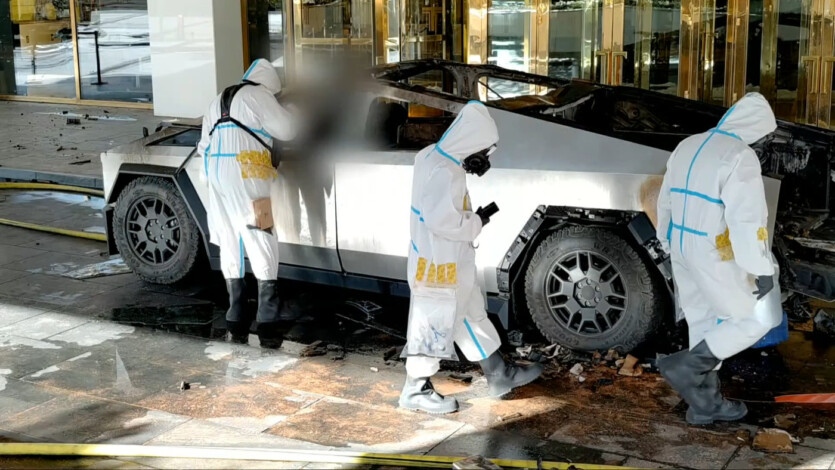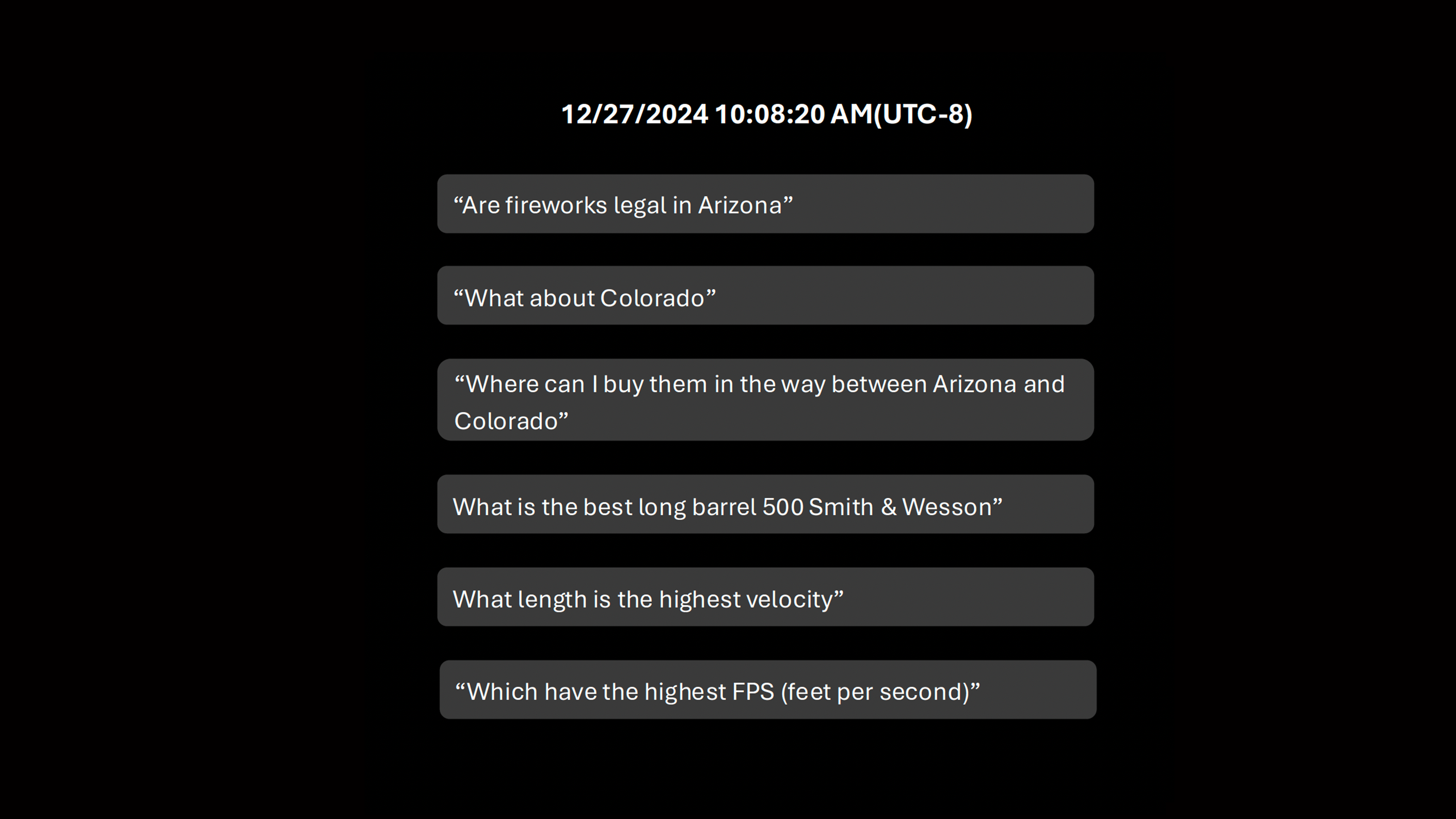
The police claim that the suspect involved in the Cybertruck explosion had been “communicating” with ChatGPT a few days before the event, asking about explosives — specifically, where to buy them and how to detonate them using a gunshot, etc.
It should be noted that the explosion occurred on January 1, near Donald Trump’s hotel in Las Vegas, and the body of a 37-year-old US Army soldier, Matthew Livelsberger, suspected of carrying out the bombing, was found in the car.
#BREAKING Matthew Livelsberger, 37, of Colorado Springs, CO, has been identified as the driver of the vehicle in the explosion investigation.
Per the @ClarkCountyNV Coroner:
Cause of death: intraoral gunshot wound.
Manner of death: suicide.The Investigation remains ongoing. pic.twitter.com/MbrirUCCrh
— LVMPD (@LVMPD) January 2, 2025
The police allege he had something akin to a “manifesto” on his phone and provided evidence of Livelsberger’s preparation for the explosion — there is video footage showing the man refueling the car during a stop on the way to the hotel; he also kept a “surveillance journal,” although officials noted that no one was monitoring him as he had no criminal past.

The police also released slides with questions Livelsberger asked ChatGPT a few days before the explosion. The suspect was interested in where to buy explosives and how to properly detonate them (and whether it could be done by shooting), Matthew also inquired about where to buy firearms and whether the use of fireworks was permitted in the state (previously, the police noted that the Cybertruck was loaded with 27 kg of pyrotechnic material before the explosion).
“We are saddened by this incident and strive to responsibly use AI tools,” says OpenAI representative Liz Bourgeois. “Our models are designed to refuse harmful instructions and minimize harmful content. In this case, ChatGPT responded with information already publicly available on the Internet, and warned against harmful or illegal activity. We are cooperating with law enforcement to support the investigation.”
No official statements regarding what caused the explosion have been made yet — the police suspect it could have been a flash from the weapon Livelsberger shot himself with.
The suspect’s records also indicate that he considered carrying out his plans in Arizona on the glass walkway of the Grand Canyon. Livelsberger also worried that he would be labeled a terrorist and thought to kill others, not just himself.
Livelsberger, who had served twice in Afghanistan and lived in Colorado, also wrote that the explosion was intended to be a “wake-up call” regarding the country’s problems and he needed to “clear” his mind “from the brothers he had lost, and free himself from the burden of lives he had taken.”
In his writings, he also touched on topics such as political grievances, societal issues, domestic and international problems, and specifically noted the war in Ukraine, stating that the US is “deathly ill and heading towards collapse.” According to law enforcement officials, Livelsberger had no ill will towards President-elect Donald Trump — in one of the notes he wrote that the country needs to “rally” around him and Tesla CEO Elon Musk.
Documents from the police report are publicly available and posted on Google Drive.

Spelling error report
The following text will be sent to our editors: